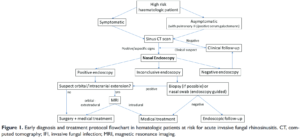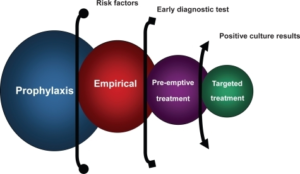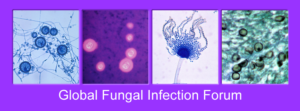Submitted by Aspergillus Administrator on 9 September 2014
New ways to treat aspergillosis and other fungal infections are urgently needed. Existing antifungal medication is very good but only seems to be able to effectively prevent 60% of deaths by invasive aspergillosis (NB NOT the form of aspergillosis referred to as semi-invasive). We need new strategies and routes of attack.
Earlier Aspergillus Website blogs have indicated that the development of a vaccine to help fight fungal infections and in particular aspergillosis would be welcome as a new method of attack available to doctors:
- The Aspergillus Website blog: A vaccine for aspergillosis?
- Yeast as a Universal Antifungal Vaccine? – The Aspergillus…
- Vaccination Protects Mice Against Systemic Aspergillosis
Another approach would be to develop a pan fungal vaccine which targets most serious fungal infections. Evidence recently published (Stevens et al) suggests that a combination of glycan (cell wall component) with an immunogenic protein – based on studies from heat killed Saccharomyces (yeast), may lead to developing such a pan fungal vaccine.
This is largely the work of Prof David Stevens MD at the California Institute for Medical Research and thanks to the success of the earlier efforts his group have just received a grant to further this work:
The technology involves combining a purified fungal carbohydrate and a protein antigen into a single vaccine. In previous studies Biothera with its expertise in carbohydrate chemistry created a vaccine by conjugating beta glucan particles a major component of fungal cell walls with a nonfungal protein antigen. The new funding will extend development to conjugating beta glucan particles with a specific protein antigen shared among different fungi potentially providing the basis for a pan-fungal vaccine.
News archives
-
Title
Date

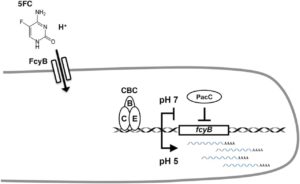
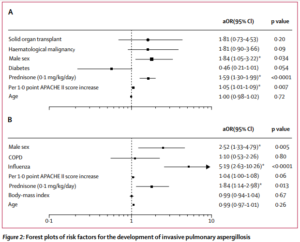

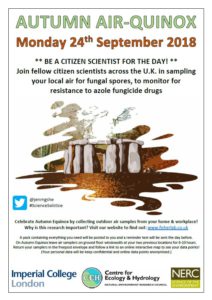

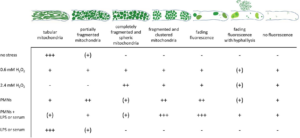
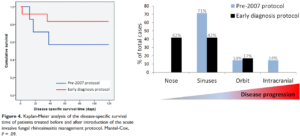 ,
, 